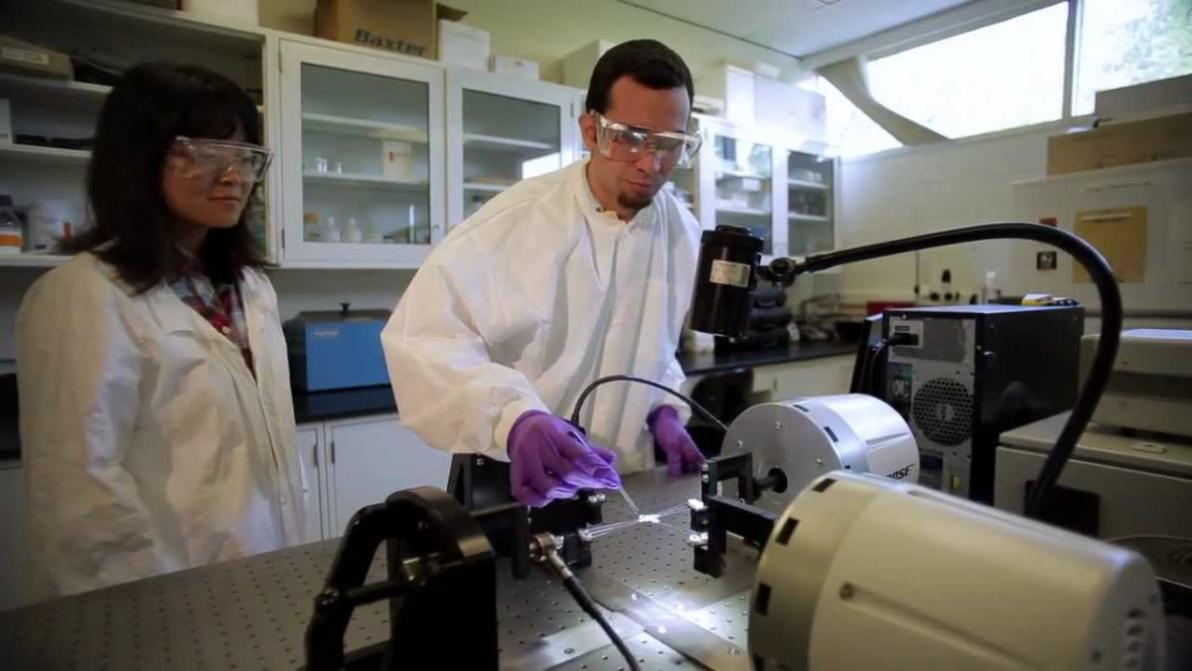How Can I Find a Neuroscience Job?
Neuroscience, the study of the nervous system and its role in behavior and cognition, has become increasingly significant in today's world. With advancements in technology and research, the demand for neuroscience professionals continues to grow, creating exciting opportunities for those passionate about this field.

Research And Preparation
Finding a neuroscience job requires careful research and preparation. Begin by assessing your strengths, interests, and goals within neuroscience. Explore different areas of the field, such as cognitive, behavioral, clinical, or computational neuroscience, to identify your niche.
Conduct thorough research on neuroscience job opportunities. Utilize online job boards, professional associations, and social media platforms to stay informed about available positions.
Education And Qualifications
Most neuroscience jobs require at least a bachelor's degree in neuroscience, psychology, biology, or a related field. Some positions may require a master's or doctoral degree, depending on the role and responsibilities.

Common neuroscience degree programs include:
- Bachelor of Science in Neuroscience
- Bachelor of Arts in Neuroscience
- Master of Science in Neuroscience
- Doctor of Philosophy (PhD) in Neuroscience
Relevant coursework, research experience, and internships are crucial for building a strong foundation in neuroscience. Engage in research projects, volunteer work, or internships to gain hands-on experience and demonstrate your commitment to the field.
Skills And Experience

Neuroscience jobs require a combination of hard and soft skills. Essential skills include:
- Analytical thinking and problem-solving abilities
- Strong data analysis and interpretation skills
- Proficiency in research techniques and methodologies
- Excellent communication and interpersonal skills
- Attention to detail and accuracy
Gain relevant experience through volunteer work, internships, or research projects. These experiences provide valuable opportunities to apply your knowledge, develop your skills, and network with professionals in the field.
Networking And Job Search
Networking is essential in the neuroscience field. Attend conferences, workshops, and seminars to connect with professionals, learn about the latest advancements, and explore potential job opportunities.
Utilize online job boards, professional associations (such as the Society for Neuroscience), and social media platforms (such as LinkedIn) to search for neuroscience jobs.
Tailor your resume and cover letter to highlight your skills, experience, and passion for neuroscience. Clearly articulate your career goals and demonstrate your commitment to making a meaningful impact in the field.
Interview And Selection Process
The interview process for neuroscience jobs typically involves multiple rounds, including phone screenings, in-person interviews, and presentations. Be prepared to discuss your research experience, technical skills, and motivations for pursuing a career in neuroscience.
Research the company or organization thoroughly and practice common interview questions. Demonstrate your passion, enthusiasm, and commitment to neuroscience during the interview.
Finding a neuroscience job requires dedication, preparation, and a proactive approach. By following the steps outlined in this article, you can increase your chances of securing a rewarding career in this exciting and rapidly growing field.
Take proactive steps in your job search, continuously update your skills and knowledge, and pursue your passion for neuroscience. With hard work and determination, you can make a meaningful impact in the field and contribute to our understanding of the brain and its intricate workings.
YesNo

Leave a Reply